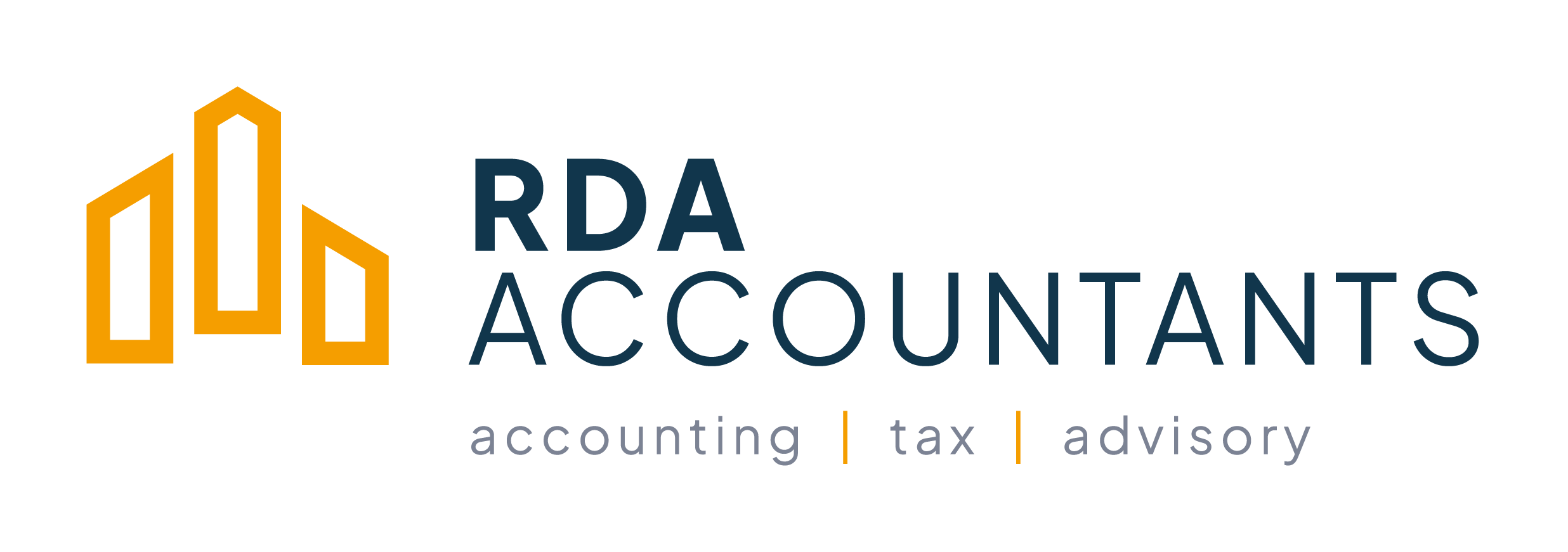Expanding a medical practice is a significant milestone that promises growth and new opportunities....
Efficient Practice Management: Mastering the Art of Handling Overload in Your Medical Practice
Handling overload in a medical practice, requires a strategic and systematic approach. Here are some key steps to manage and alleviate overload effectively:
1. Assess the Situation: First and foremost, you need to understand the root causes of the overload. Is it due to an increased number of patients, staffing issues, administrative burdens, or a combination of these factors? Accurate diagnosis is key to effective solutions.
2. Streamline Administrative Processes: Often, practices face overload due to inefficient administrative processes. Investing in practice management software can automate many tasks, reducing the burden on staff and improving efficiency.
3. Optimise Appointment Scheduling: Overhaul your appointment scheduling system. Implementing a more efficient scheduling system, possibly with online booking options, can smooth out the flow of patients and reduce waiting times.
4. Hire or Reallocate Staff: If financial and practical, consider hiring additional staff or reallocating existing staff duties to better manage workloads. Sometimes, bringing in part-time or temporary staff during peak periods can be a practical solution.
5. Delegate and Empower Your Team: Delegation is key in managing overload. Empower your staff by delegating tasks appropriately. This not only reduces your burden but also enhances team capability and job satisfaction.
6. Focus on Time Management: Implement effective time management strategies within your practice. This includes setting aside specific times for different tasks and avoiding multitasking, which can often be less productive.
7. Improve Patient Communication: Clear communication with patients about waiting times and services can reduce frustration and improve the overall experience. Educating patients about the appropriate use of services (like when to visit A&E vs the GP) can also manage demand.
8. Financial Planning and Analysis: Conduct a thorough financial analysis to understand where you might be able to reduce costs or increase efficiency. This could involve renegotiating supplier contracts, reviewing insurance plans, or outsourcing certain functions.
9. Consider Expanding or Refurbishing: If the physical space of your practice is a limiting factor, consider expanding or redesigning the layout for better flow and efficiency.
10. Take Care of Your Own Well-being: Lastly, it's crucial to manage your own stress and well-being. Overload can lead to burnout, so it's important to take breaks, seek support, and maintain a healthy work-life balance.
Remember, at RDA Accountants, we understand the unique challenges faced by medical practices. Our expertise in business coaching and financial planning can provide tailored solutions to manage overload in your practice. Feel free to reach out to schedule a meeting and explore how we can support your practice’s needs.




